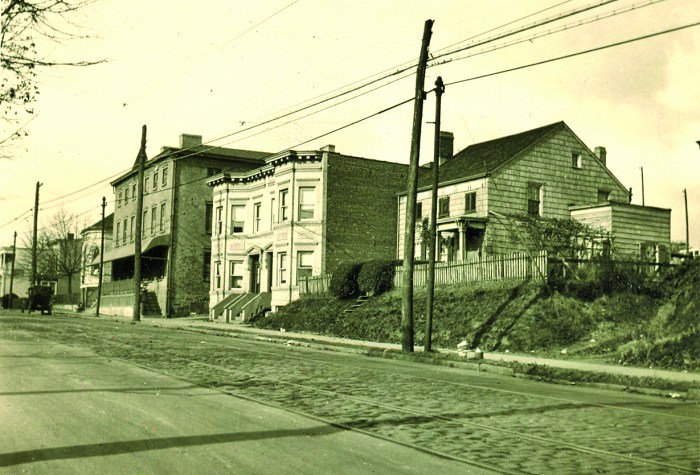Any author who might think of writing a novel that tackles many of the issues addressed by the #MeToo and Time’s Up movements would be hard-pressed to surpass Meg Wolitzer’s feat in her latest novel, “The Female Persuasion” (out April 3).
It is the story of Greer Kadetsky as she navigates first college and then her career under the encouraging eye of her mentor, Faith Frank. But eventually Greer will have to choose her own path and evaluate the compromises she is willing to make — or reject — for the sake of her own success.
Wolitzer began writing the book — her 12th — almost three years ago and never could have imagined how the news cycle would shift the conversation, giving her story such powerful resonance today.
amNewYork caught up with the New Yorker over email to discuss the roots of the new novel.
What was the seed for “The Female Persuasion”?
I think it was really an idea, or actually more than one idea. I had long been interested in a number of matters, such as female power and the tenacity of misogyny, and how we make meaning in the world. I also wanted to explore something that can happen to people when they’re young: They meet a person who has a strong influence on them, and that person ends up changing or redirecting the course of their life.
How was the story influenced by the result of the 2016 presidential election?
The world felt quite different (when I started writing the book). I did imagine, as I was completing it, that we would soon have the first woman president in our nation’s history. But it didn’t work out that way, and I wanted the uncertain new time to appear at the very end of the book. Even though “The Female Persuasion” isn’t meant to track all of today’s goings-on, or keep up to date (it’s not part of the 24-hour news cycle, but is in fact a novel through and through, about things I’ve been thinking about for a long time), I wanted to thrust my characters forward into that uncertain and disturbing time after the election of Trump.
The novel takes on a litany of slights, abuses, harassments and crimes that women face, up to and including an incident similar to Gamergate. Is there anything you would change if you were writing it in the wake of #MeToo?
Because I’m a fiction writer I like the combination of invention and accuracy. You can’t really include everything in a book — and I’m not sure that a writer would even want to. Most novels aren’t catalogs, but you can try to give a sense of what the world feels like. You can create a snapshot of a moment (or several moments) in time. I hope I did that with this book.
Was there an archetype for Faith Frank or is she an amalgam of different women, perhaps the eight women to whom the novel is dedicated?
She is an invented character. One of my favorite things about writing novels is wholly creating the people who live in them. The women to whom the book is dedicated are all extraordinary women who were generous to me in various ways when I was young, and I wanted to acknowledge them and honor them. But Faith Frank is a person unto herself.
IF YOU GO
Meg Wolitzer is in conversation with Jia Tolentino at Books Are Magic on April 3 at 7:30 p.m. | 225 Smith St., Cobble Hill, 718-246-2665, booksaremagic.net | FREE































